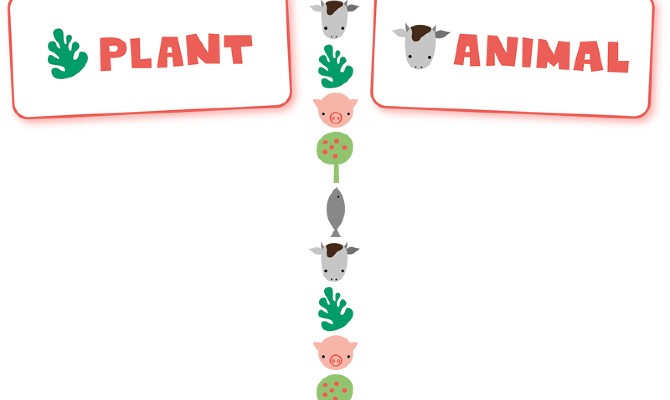One of the questions I get asked about nutrition all the time, is what nutrients I potentially miss out on by eating a plant-based diet.
I always explain the importance of taking vitamin B12 on a plant-based diet, because it’s a nutrient synthesised in the soil by bacteria. When an animal grazes, they ingest the nutrient and that becomes a part of their flesh, which meat-eaters consume. But because fruit and veg are so washed and sanitised in modern supermarkets, plant-eaters don’t receive the levels of B12 needed for good health and must supplement.
But that’s it!
Eat a well-balanced, whole foods diet with sufficient calories each day and your body will look after the rest for you 🙂
I’m certainly not here to tell anybody what to eat, and food choices are such a personal decision based on numerous factors, including taste, traditions, family, culture, health goals and so much more. But what I do like to do, is dispel some commonly held beliefs about the nutritional value of animal and plant foods.
As leading nutrition expert and author, Dr. T. Colin Campbell explains, “there are virtually no nutrients in animal-based foods that are not better provided by plants.” Eating animal protein is a very different nutritional experience from eating plant protein, as the type of nutrients and the quantity of them vary quite drastically. If you were to compare five hundred calories worth of plant-based protein (tomatoes, spinach, lima beans, peas and potatoes in equal amounts) to the same calorie value of animal protein (beef, pork, chicken and whole milk), you would be able to see the dramatic differences in nutrition:
Nutrient Plant Foods Animal Foods
Cholesterol (mg) 0 137
Fat (g) 4 36
Protein (g) 33 34
Dietary Fibre (g) 31 0
Vitamin C (mg) 293 4
Iron (mg) 20 2
Calcium (mg) 545 252
Magnesium (mg) 548 51
Beta-carotene (mcg) 29,919 17
(Source: Campbell, 2006, The China Study)
As you can see from the table above, there is quite a surprising difference between exactly the same calories of plant and animal foods. The plant foods are bursting with important antioxidant, beta-carotene, which is known to boost and brighten the complexion, slow down the ageing process and mop up damaging free radicals in your system.
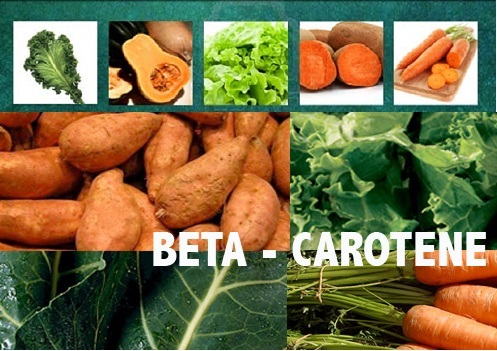
Carrots, sweet potatoes and butternut squash owe their vibrant orange colour to beta-carotene, which in turn brings colour and radiance to your skin.
In almost complete contrast, the animal foods are nearly lacking antioxidants entirely. They also have far more fat and cholesterol than the plant foods, which has been linked to cardiovascular disease. Though certain plant foods like avocado, nuts and seeds can have more fat than animal-based foods, it’s often because the latter have been processed to rid much of the fat. Skimmed milk, low-fat cheese and yoghurt are good examples of these processed foods.
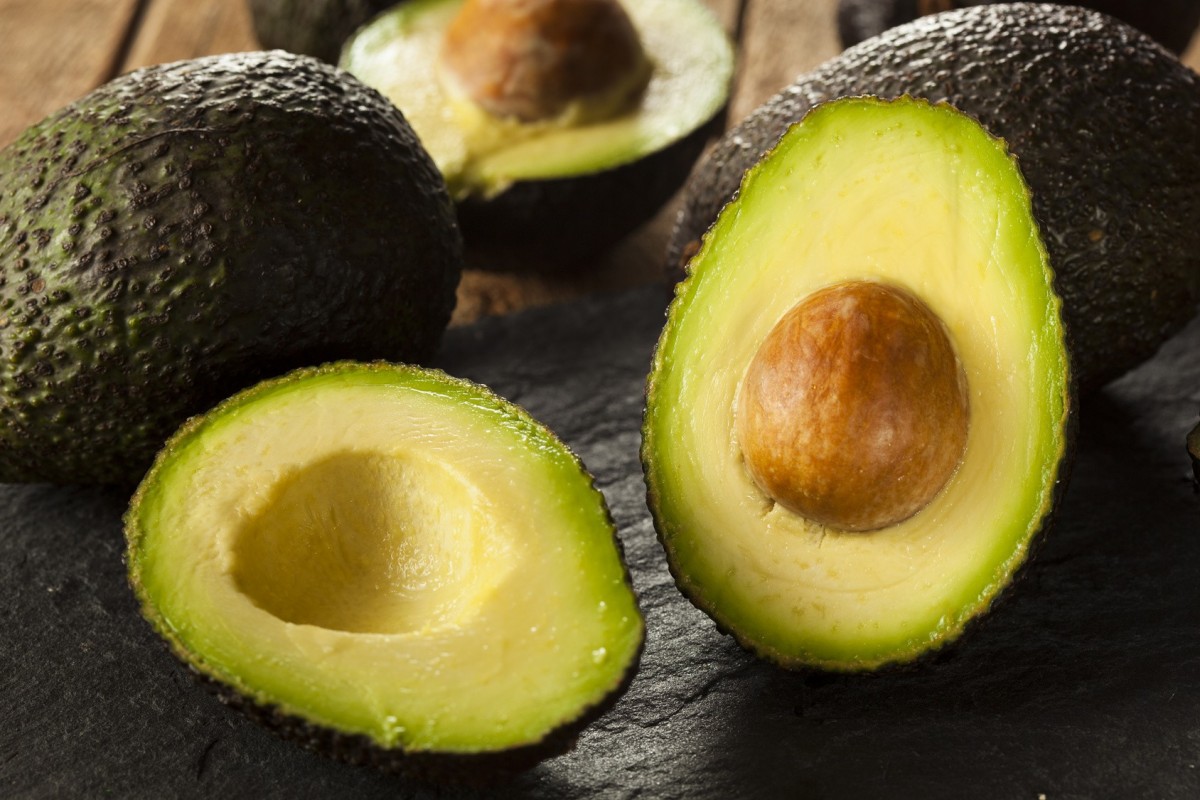
Of course, the major difference between plant and animal fat is their value to your health. Plant fats are almost always the healthy type that help to lower your cholesterol and boost heart and brain health.
You may be surprised to see that the animal foods featured above have only one gram more of protein than the plant foods too, despite all that you’ve no doubt heard about protein sources!
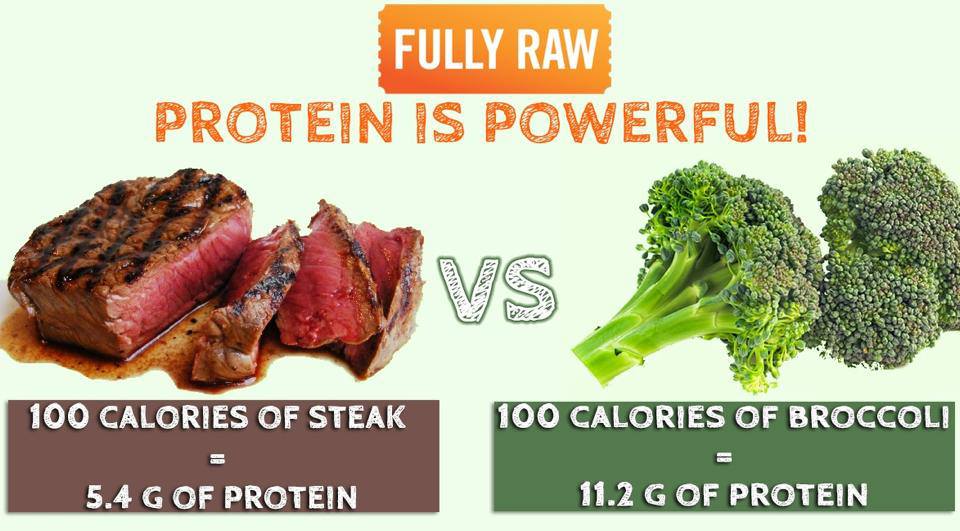
Granted, the animal foods do have more vitamin B12 and vitamin D, but that’s also because milk is fortified with the nutrients. Plant milks like almond, coconut, rice and hazelnut, are usually also fortified with very similar quantities.

The widespread belief that protein is only available from animal-derived sources is, I believe, one of the biggest myths perpetuated in the current mainstream understanding of nutrition. I love the look of realisation that dawns on people’s faces when I point out that cows don’t need to eat meat, eggs or chicken to grow big and strong, produce gallons of milk and a healthy calf every year.
The animal flesh that humans eat, is made up of the amino acids that the animal eat in the grass and grain they’re fed. All that we need as humans comes from the earth, and the plants it grows. Cutting out animal protein is just avoiding the middle man and going straight to the source. Furthermore, the most physically powerful animals on earth are all plant-eaters. Strong, muscular animals like horses, buffalo, elephants, hippos, gorillas and rhino don’t need to rely on meat, eggs or protein powders. They receive plentiful quantities of the amino acids that they need from plants, to build their big bones and muscles.
In fact, a wide range of plants contain plentiful quantities of all the essential amino acids, and all we have to do is enjoy munching on an abundance of them everyday! It is virtually impossible to become protein deficient if your diet contains enough calories, with the exception being various muscle-wasting illnesses, including HIV and AIDs.
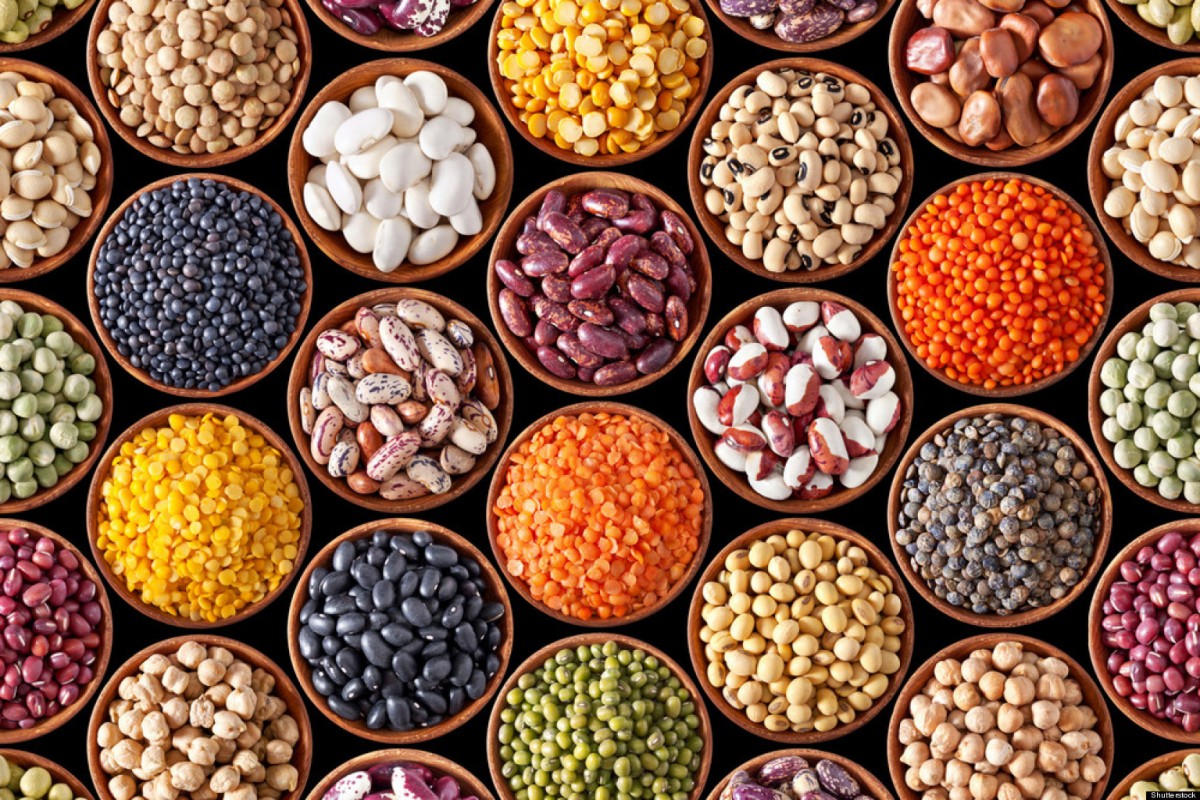
Some of the very best sources of protein include quinoa, beans, lentils and peas, leafy greens, broccoli, asparagus, cauliflower, squash, cabbage, nuts and seeds, nutritional yeast and tempeh, a traditional Indonesian dish made from fermented soybeans. There are also some high-quality raw vegan protein powder supplements made from brown rice protein and hemp seed widely available for those that feel they need the extra boost or after exercise, and the micro-algae chlorella is also a superb option.
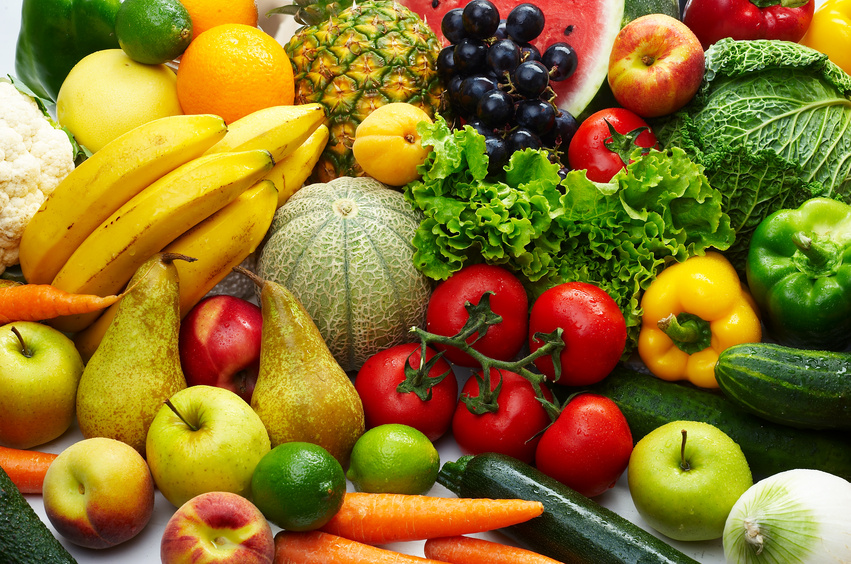
But all whole plant foods contain amino acids and if you’re eating sufficient calories on a daily basis, then you will consume enough protein for your needs and in the correct amounts. That’s the beauty of plants!

